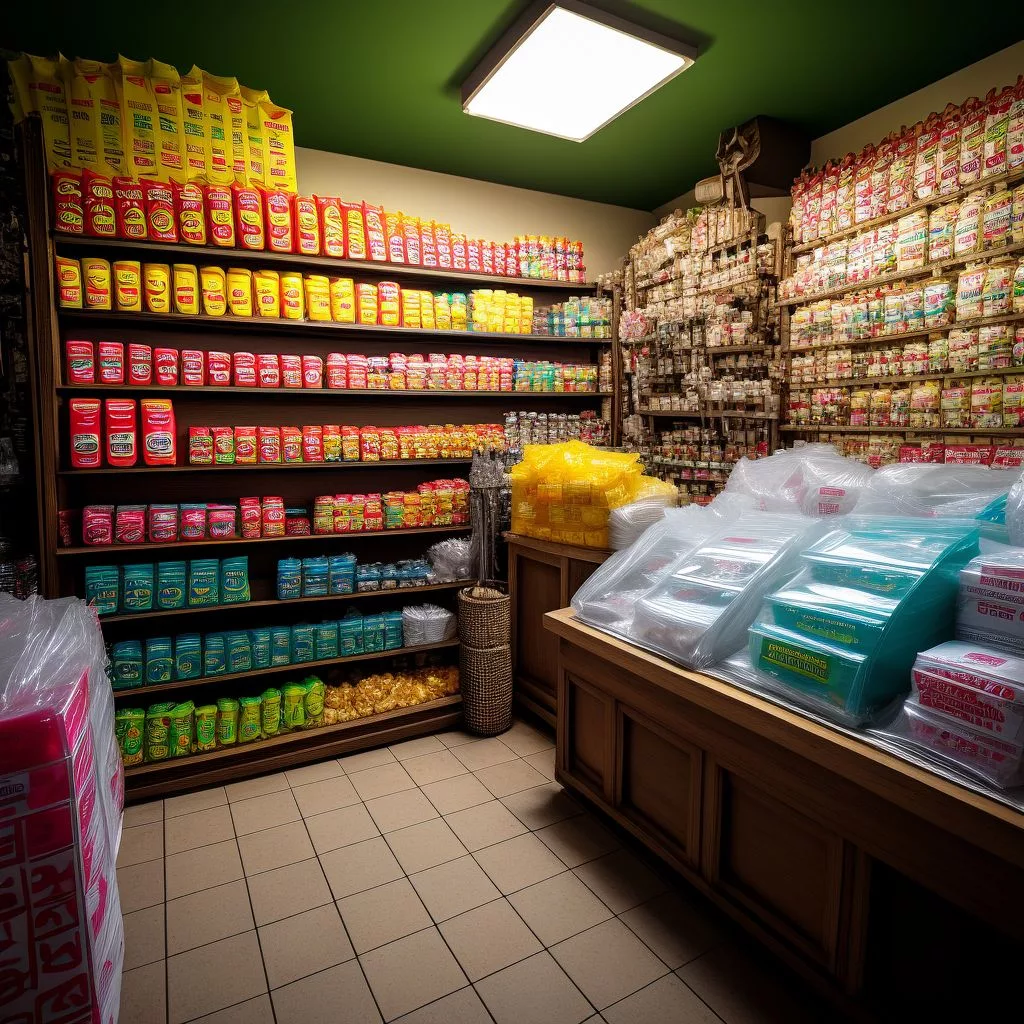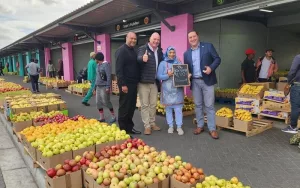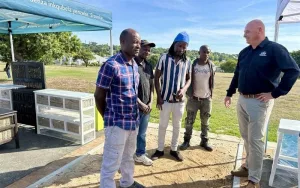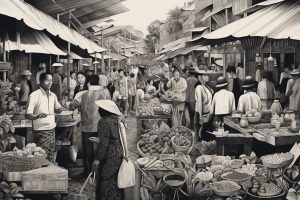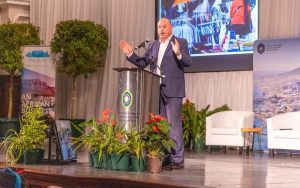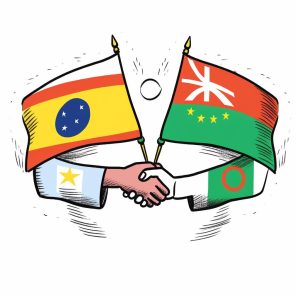South Africa’s R500million spaza shop fund aims to help small township shops become safer and stronger by offering grants and interestfree loans. It encourages shop owners to register their businesses properly and improve food safety and shop conditions. While many owners were excited and applied, most struggled to meet strict paperwork and permit rules. The government now faces the challenge of supporting these hardworking entrepreneurs without losing the community spirit that makes spaza shops special. This fund is a bold step toward modernizing informal trade, but success depends on patience, understanding, and real help from the authorities.
South Africa is stepping up the rules for spaza shops—small shops that are vital to local communities. By February 28, 2025, all spaza shop owners need to register with their local governments to keep food safe and follow health guidelines. The government is helping these shop owners by offering training to understand new rules and improve food safety practices. This effort not only aims to protect public health but also to support these businesses as they play a key role in their neighborhoods, creating jobs and boosting local economies. With proper guidance, spaza shop owners can thrive in a safer and more regulated environment.
Cape Town is investing in its informal economy by improving trading spaces with enhancements such as asphalt coating, pavers, and gazebo hooks. Major infrastructural projects are underway, including a container market and Traders Support Services Centre. The city proposes dedicated business training workshops to strengthen local entrepreneurs’ commercial prowess. Cape Town’s approach showcases how cities can develop inclusive, resilient, and dynamic economies.
Cape Town is investing R118.5 million to enhance its informal economy by transforming trading sites, providing trader training, and exploring new markets. The plan is to create a dignified and accessible business environment that fosters entrepreneurship and economic activity. Alderman James Vos is leading the initiatives towards a more dynamic, inclusive, and resilient economy. The city has already executed infrastructure enhancements and introduced designated trading bays, with plans to construct more in the future.
Enhancing Cape Town’s Informal Economy: Upgraded Infrastructure and Business Training
Alderman James Vos, a prominent figure in Cape Town’s economic growth, has recently announced a series of infrastructure initiatives aimed at improving informal trading sites throughout the city. The following sections outline the City’s dedication to enhancing the informal economy, including its budget allocations, infrastructure projects, and skill development programs.
The City of Cape Town’s Economic Growth Directorate recently hosted the Informal Trading Economy and Expo at the City Hall. The event attracted over 400 traders and aimed to support the informal economy, an essential sector responsible for creating jobs and supporting livelihoods.
Registration for the 2023 Informal Sector Summit & Expo is now open, hosted by the City of Cape Town to promote the growth and sustainability of the informal economy. The Economic Growth Directorate is responsible for organizing the event, which aims to transform Cape Town into a City of Hope. The summit highlights the significance of the informal economy in providing essential goods, services, and livelihoods to local communities.
The BRICS nations, comprising Brazil, Russia, India, China, and South Africa, have made significant progress in recent years. However, with the rapidly evolving geopolitical landscape, it is crucial for these countries to demonstrate unity, solidarity, and camaraderie. The Second Employment Working Group (EWG) meeting concluded with Thobile Lamati, DirectorGeneral of the Department of Employment and Labour, emphasizing the need for member states to leverage their collective power in multilateral forums to advance common interests and protect their positions.
The informal sector comprises a significant portion of the workforce in BRICS countries, with 62% of workers employed in this sector. However, the lack of formal training and education creates a skills gap and results in low productivity and work deficits. To promote decent work and reduce poverty, it is crucial to address this skills gap and incentivize a transition to formality.

